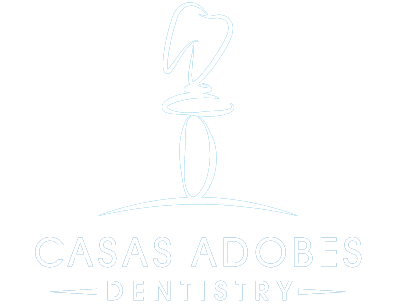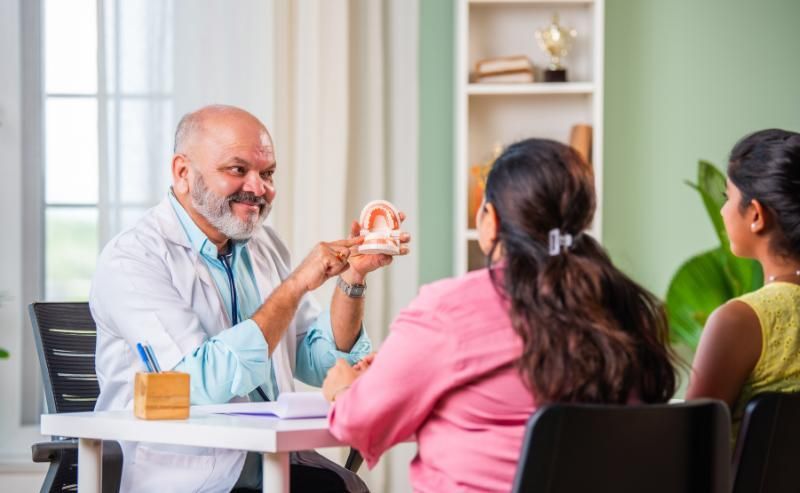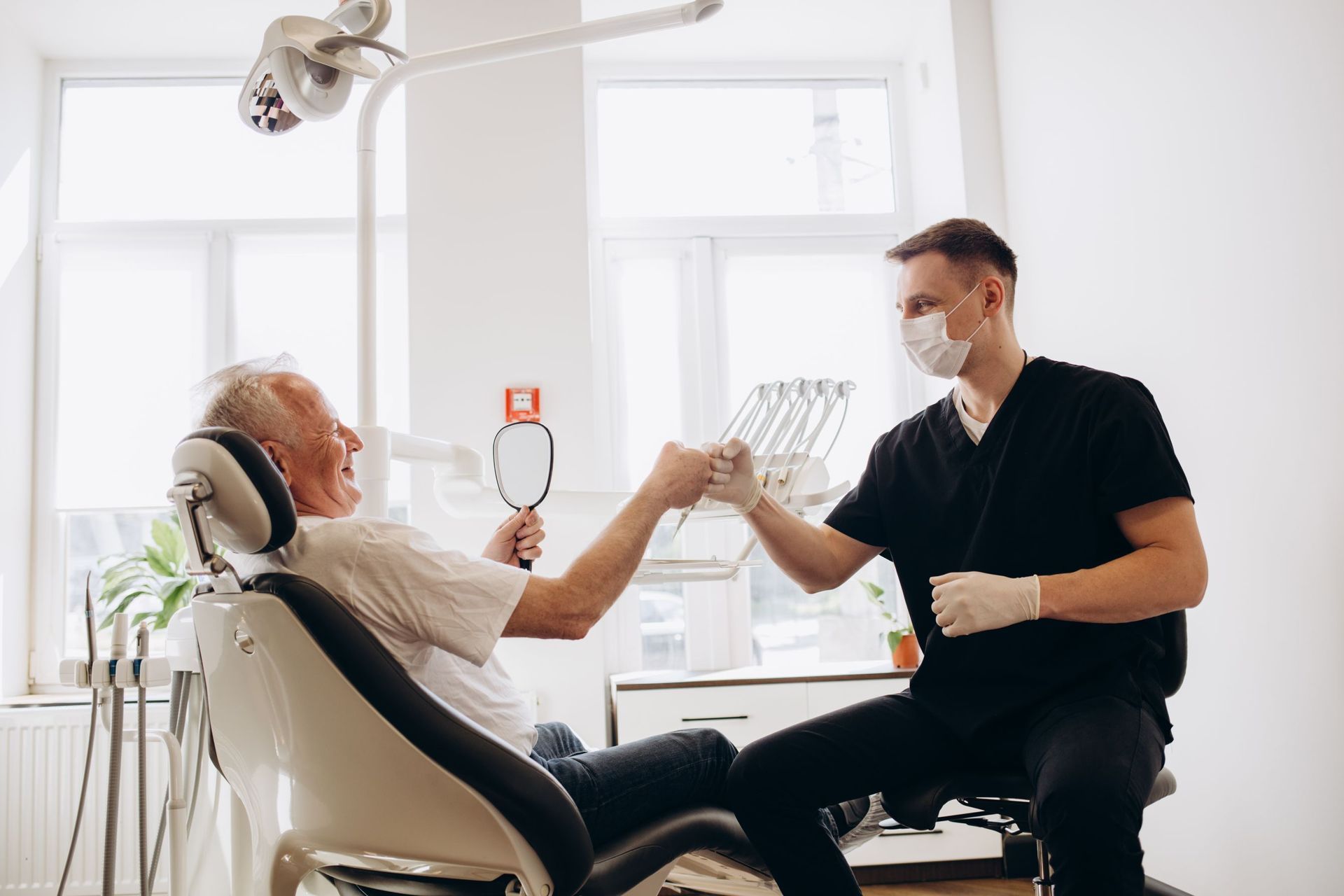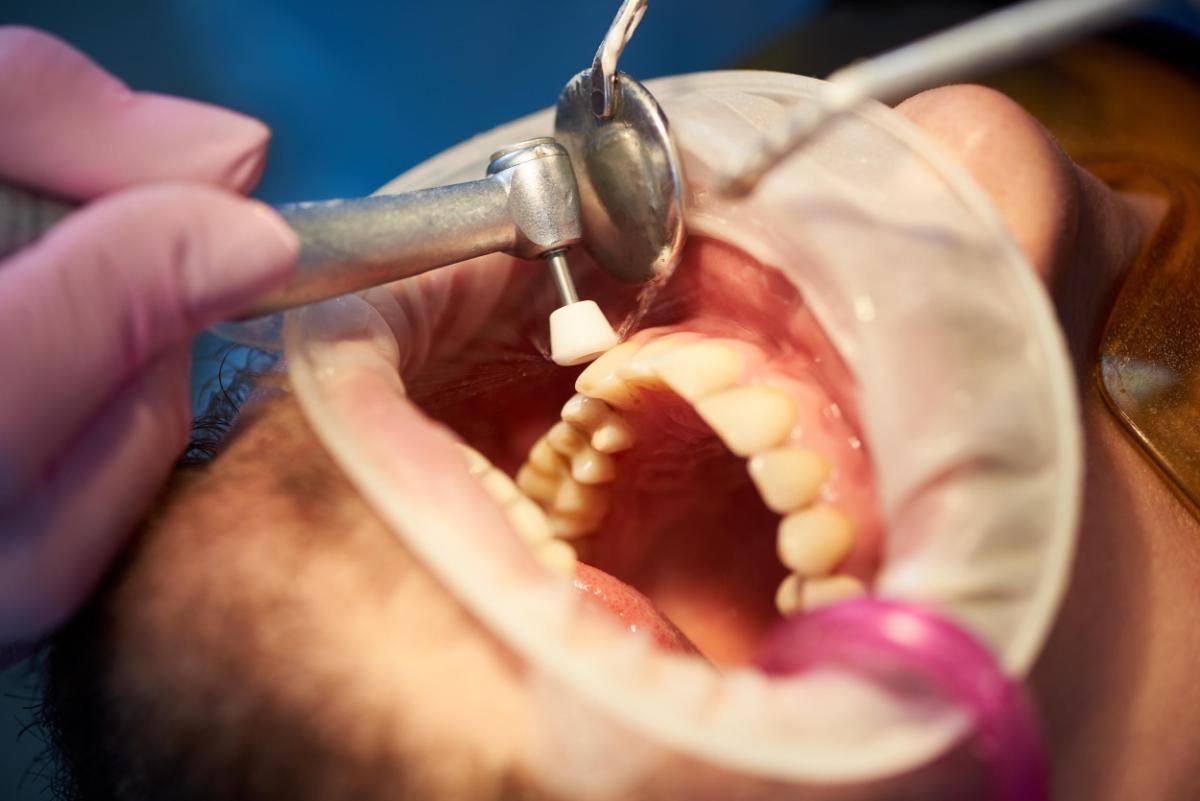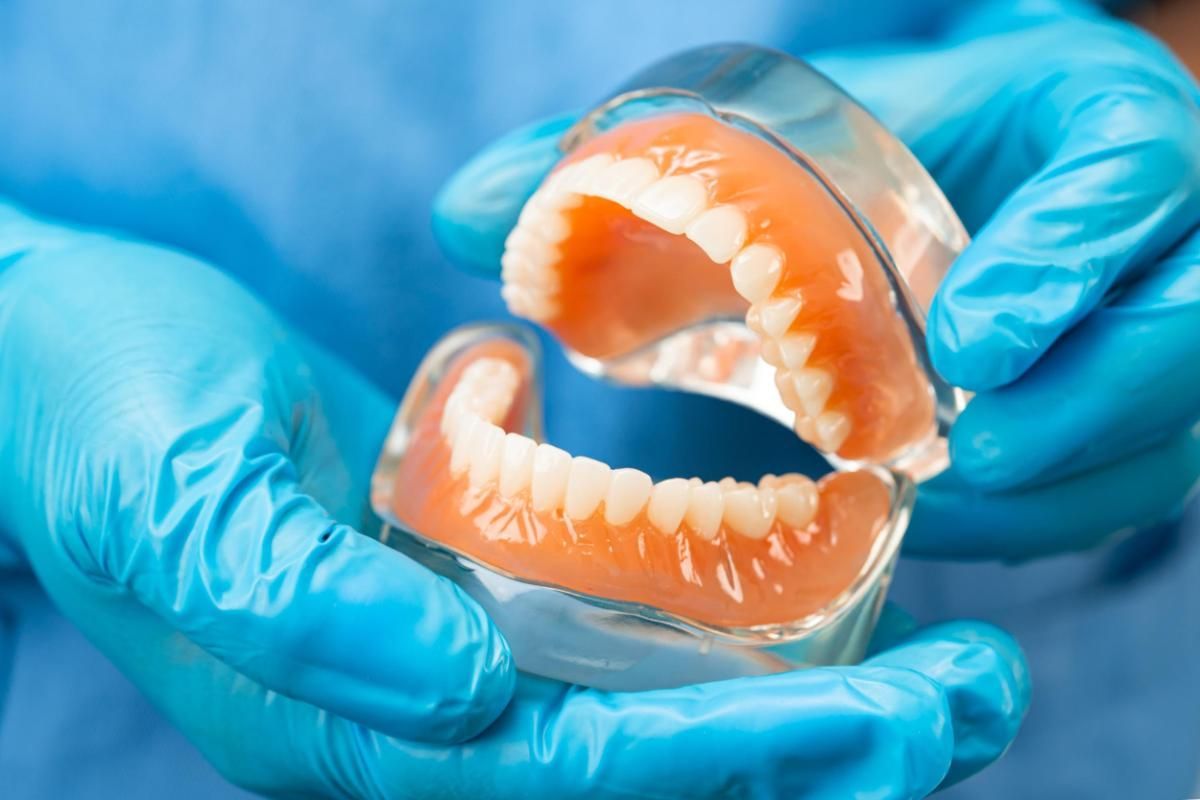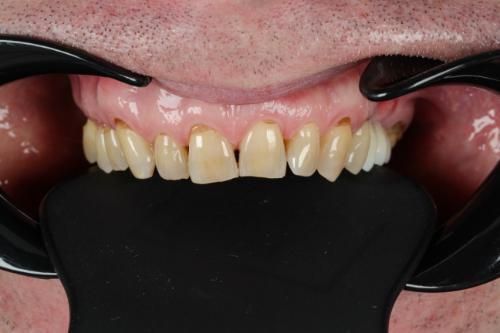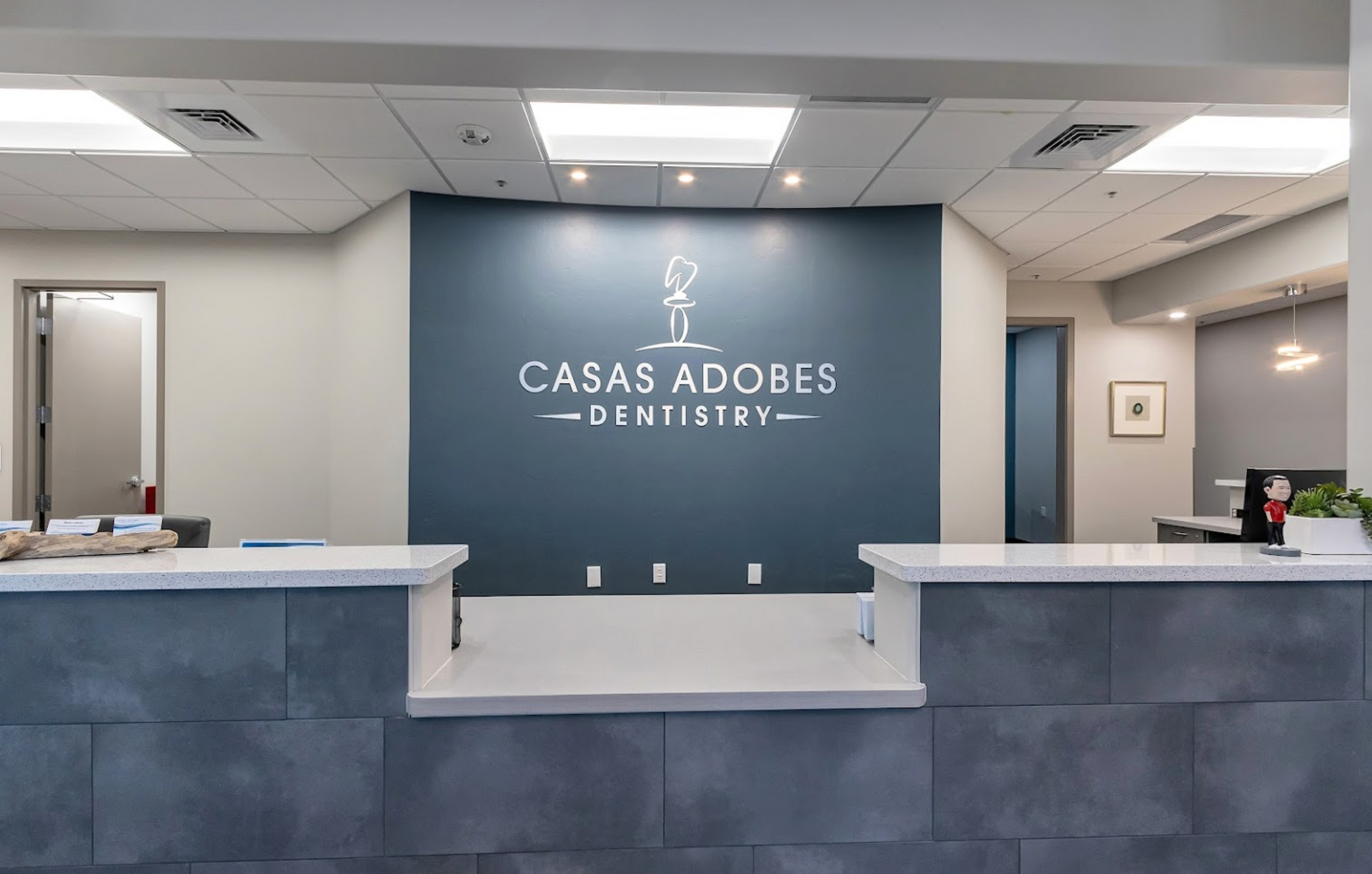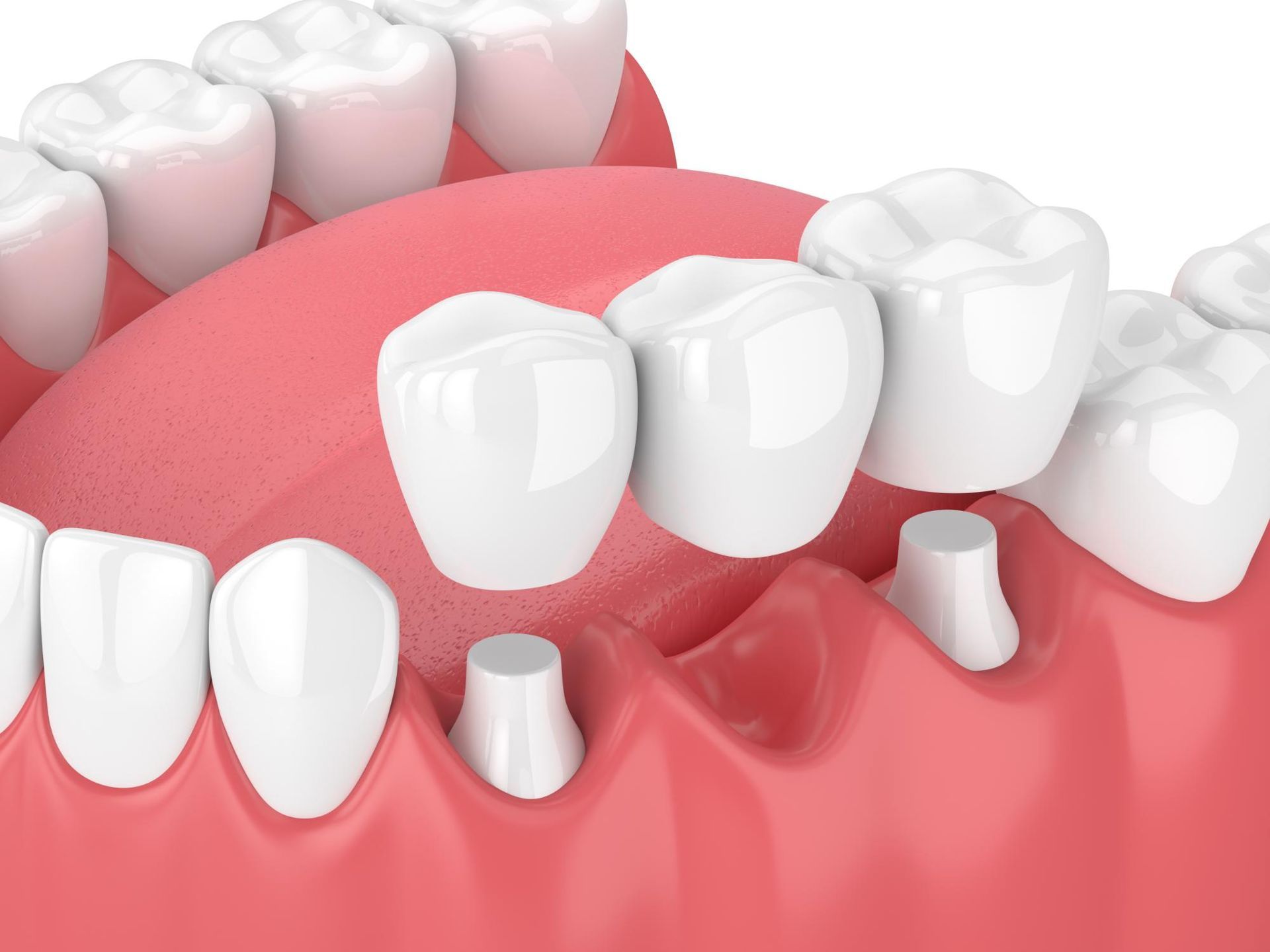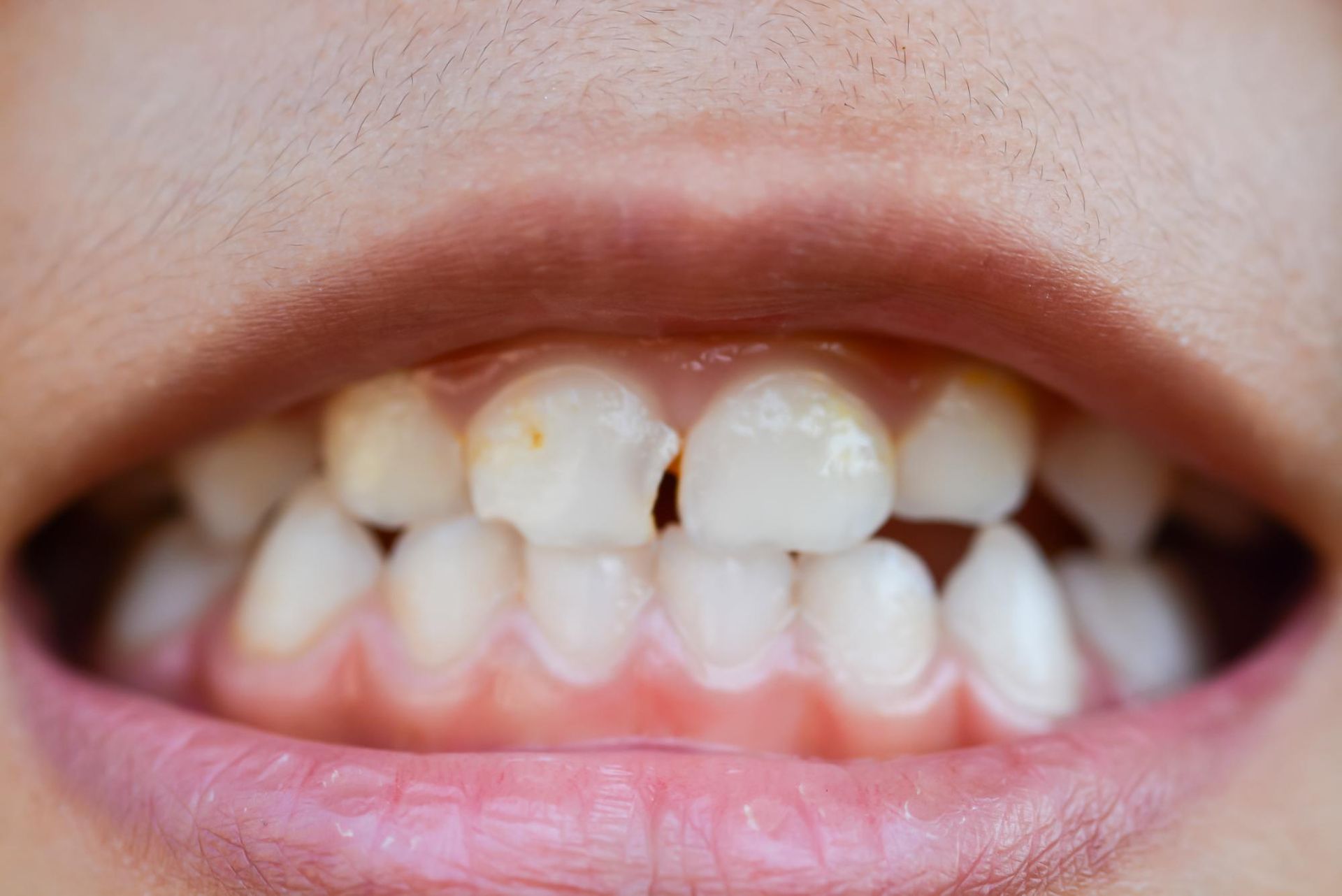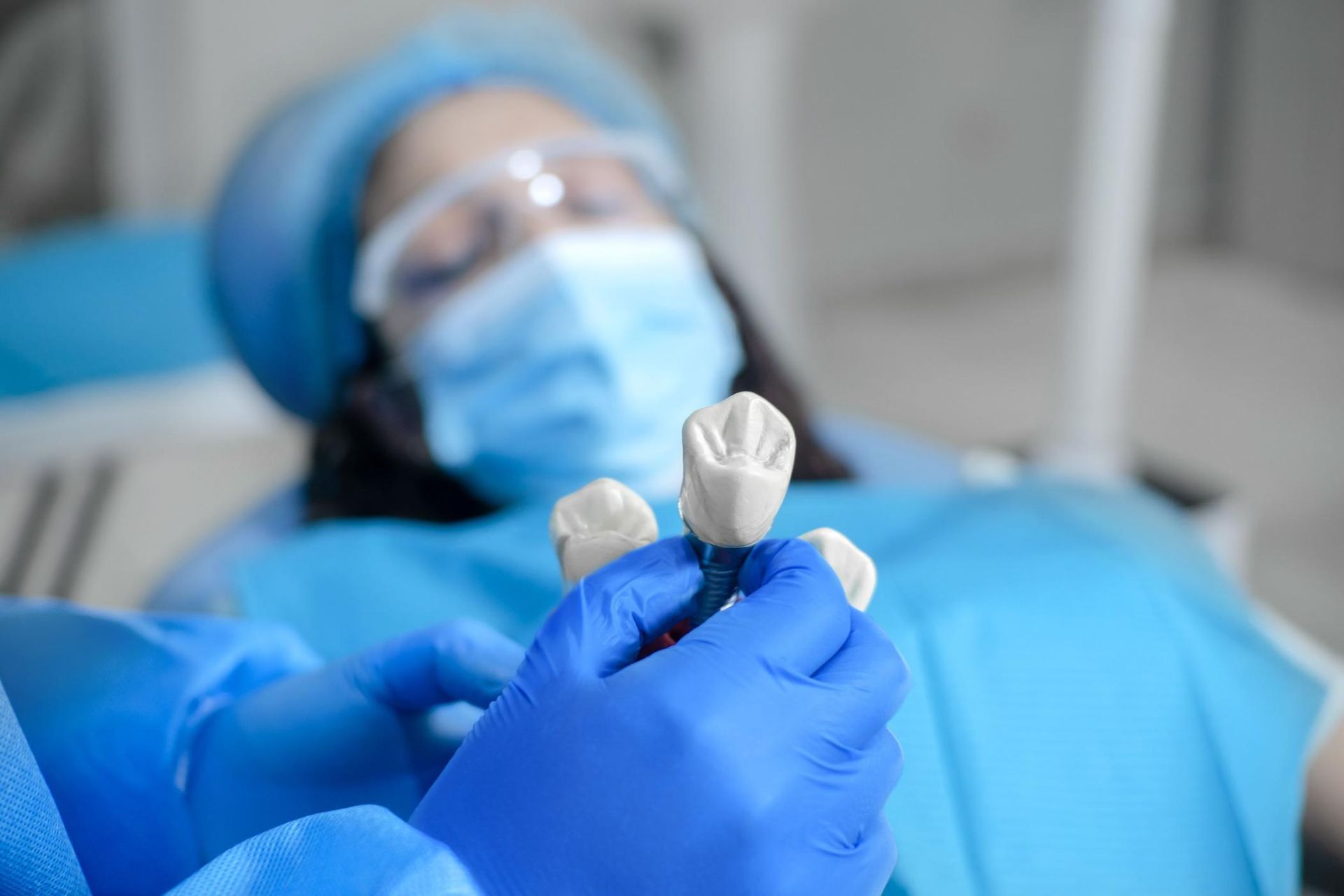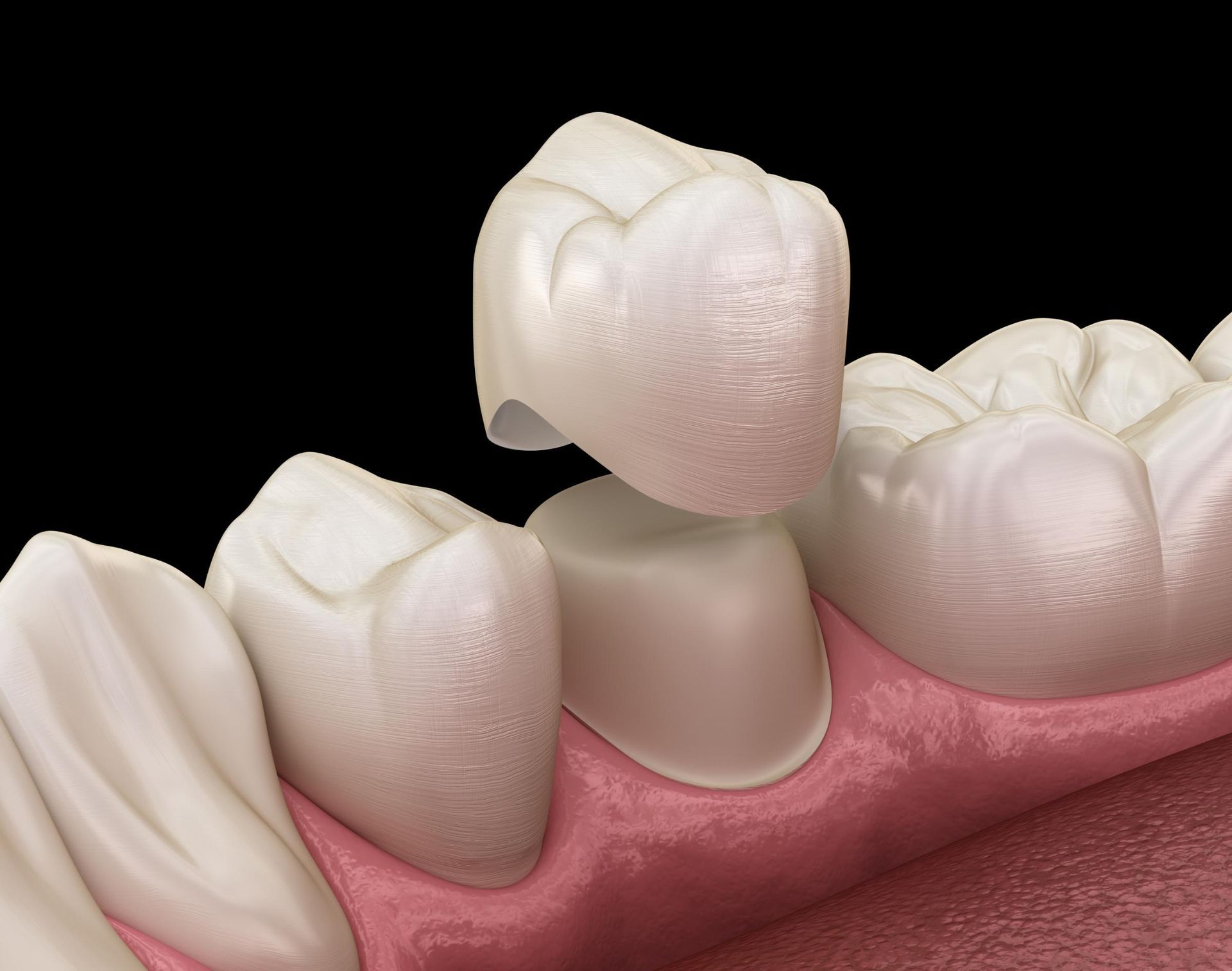Sedation Dentistry: FAQs

Sedation dentistry could be the right approach if you are concerned about your upcoming dental treatment. While the dentist will numb your mouth for certain treatments, this may not be enough to calm your nerves and help you feel comfortable. If you are worried about feeling pain or keeping still during the procedure, talk to your dentist about sedation options. You do not have to let your visits to the dentist scare you or keep you from getting the treatments you need.
Typical dental procedures where sedation may be helpful
Patients of all ages should visit the dentist at least twice a year for routine exams and cleanings. Most people do fine during these processes. However, for treatments and restorative procedures, the dentist will use local anesthesia to block the pain. Some patients have so much anxiety about these events that additional methods are necessary to calm the person. Sedation can be effective during processes, such as a root canal, placement of a crown or veneer, or even a filling.

People who can benefit from sedation dentistry
It is natural to feel averse to pain, but some people’s fears are more evident and extreme. This is often the case during dental procedures. Patients who suffer from fear-induced panic attacks could benefit from sedation. These interventions could also be wise for people who have had negative experiences in the past during dental work. Some patients might have difficulty feeling numb after anesthesia, while others may be coming to the office for a long procedure. In these cases, sedation might make the most sense.
Sedation and safety
Patients might first ask whether sedation dentistry is safe. People can take comfort to know that the dentist has the proper knowledge and training to administer the sedation method. The dentist will be fully licensed and credentialed to sedate the individual. Also, during this process, the dentist will keep a close eye on the patient and monitor any signs of concern.
The methods
Sedation is typically administered in one of two ways. The sedation dentistry staff may use nitrous gas to help calm the patient. This is inhaled and creates a relaxing sensation for the individual. Some people even fall asleep when using it. Some offices may offer a pill instead. This orally taken pill will work within a few minutes and produce the same effect as the gas.
The aftermath
As with any intervention, there can be side effects to sedation dentistry. These are usually mild and can include a dry mouth, headache, or grogginess. After sedation, the patient should have someone drive them home. It is wise to avoid strenuous activities for the next 24 hours.
Get through your dental procedure with less anxiety
It is not unusual to have some fear about going to the dentist. Sedation dentistry can ease your worries. You can feel calmer and have peace of mind regardless of the procedure you will have. Talk to your dentist today about sedation methods available at the office and whether you are a good candidate.
Request an appointment here: https://www.casasadobesdentistry.com or call Casas Adobes Dentistry at (520) 365-0559 for an appointment in our Tucson office.
